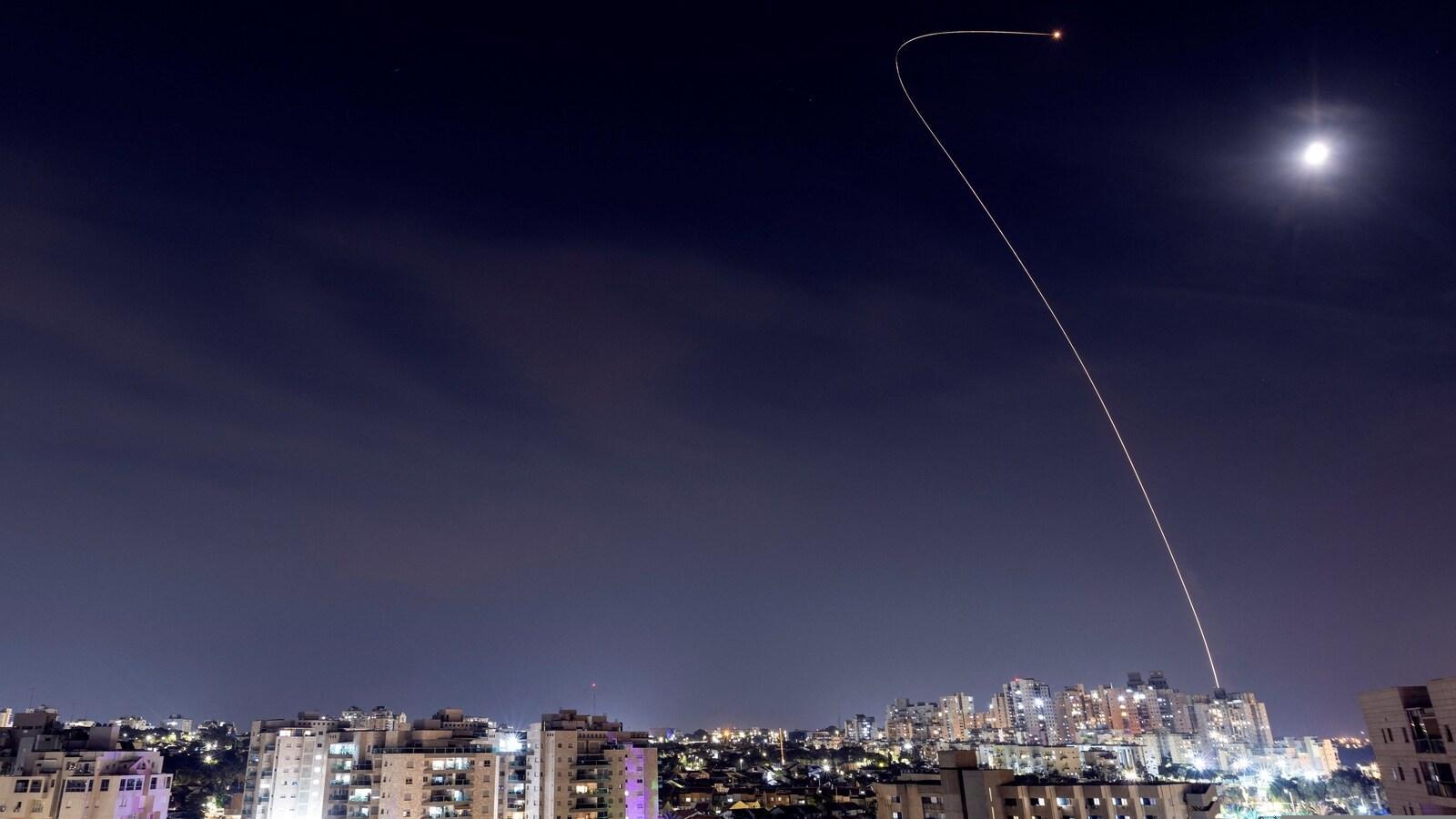
Netanyahu has spent the past year pursuing a military victory to compensate for the intelligence failure on October 7th. He aimed to restore the deterrence lost that day by delivering decisive blows to the Islamic Resistance in Lebanon. This group poses a greater threat to the Israeli occupation entity than any other front, including the Resistance in Gaza.
The reality is that if any military faced the kinds of setbacks that the Lebanese Resistance has, it would likely not have survived. The Resistance has endured infiltrations of communication, attacks on key figures, and the assassination of top commanders. In his overconfidence, Netanyahu believed he had defeated the Lebanese Resistance, prompting him to initiate a ground invasion. He operated under the assumption that sustained attacks could dismantle the Resistance before it had the chance to recover. He believed that instability, low morale, and a campaign of displacement would ultimately cripple the Resistance. Alongside this, a media campaign sowed seeds of division, blaming Iran for abandoning its allies.
Netanyahu has gained a measure of popularity within the entity due to this. The opposition viewed the assassination of the Secretary-General of the Lebanese resistance as a turning point. America observed these tactical successes and effectively granted the entity freedom to act without intervention, especially during an election period when decisive actions are often avoided.
Netanyahu is reasserting his role in shaping Western policies in the region, using shock, force, and fear to impose his vision. This ambition was evident at the UN, where he presented maps and spoke of a Middle East shaped by his fantasies. This included the forced transfer of Palestinians, a permanent occupation of Lebanon, and attempts to limit Yemen and Iraq, all culminating in a ‘regime change’ in Iran from within. He also believes that if Trump returns to the presidency, he will endorse these actions and support his achievements.
However, this ambition was significantly challenged by Operation True Promise 2, which shook the entity and brought reality into focus. The ongoing battle is existential for the entity. Its tactical successes hinge on destructive force, technological superiority, and intelligence. However, the cost of losses mounts with direct confrontation, and the entity will not yield except through force.
America is now redefining the functional role of the entity after decades, allowing it to undertake tasks that the US had been unable to manage for the past thirty years. The time has come for the entity to demonstrate its capacity to achieve stated objectives. The Israeli military is given a free hand now to operate as it sees fit, setting the stage for a New Middle East by the end of the year. If successful, the entity stands to gain significant rewards, potentially expanding its territory to encompass all of Palestine and parts of Lebanon and beyond. While it will receive the necessary support, America does not desire direct intervention. However, failure to defeat the Resistance could mark the end of the entity’s current trajectory.
The Israeli occupation entity cannot survive without American backing. If the US withdraws support, the entity’s collapse is inevitable. Therefore, its operational boundaries are defined by American interests. The US is unlikely to engage directly in a counterattack against Iran, meaning Israeli responses will be limited to what America permits. Consequently, revenge may manifest in heightened destruction in Lebanon and Gaza, as indicated by delays in Israeli responses. This is because the entity simply cannot endure strong retaliatory strikes from Iran, which has demonstrated its capability to inflict real harm. Should the entity choose to launch a significant attack to draw America in, the US will likely advocate for an immediate ceasefire, as it is hesitant to engage directly in this conflict due to broader regional vulnerabilities. Additionally, the Resistance still possesses many strategic options that remain undisclosed, including surprise operations from land, air, and sea.
From: https://english.almayadeen.net/articles/blog/the-most-recent-american-mandate-might-very-well-be-the-last